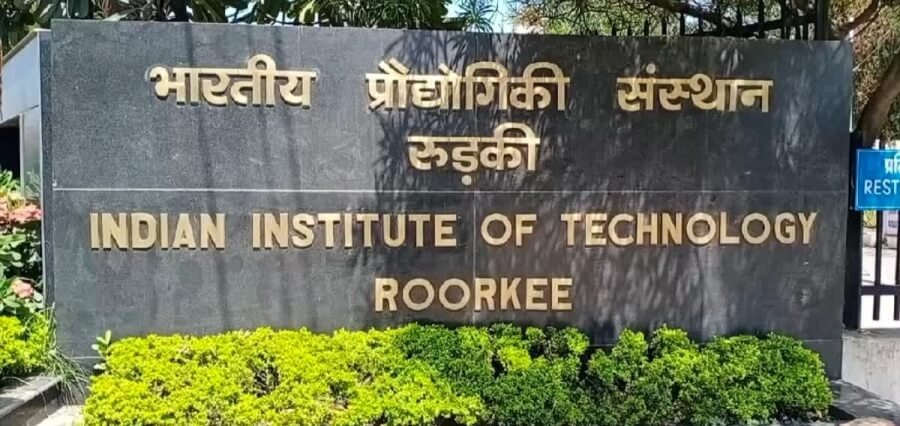Factors contributing to their prevalence range from genetic predispositions, particularly prevalent among South Asians due to propensity towards visceral fat, to unhealthy lifestyle choices and adverse socio-environmental circumstances such as pollution.
Non-communicable diseases (NCDs) are a broad category of illnesses that include chronic pulmonary disorders like asthma, diabetes, cancer, and cardiovascular diseases including heart attacks and strokes. NCDs are more commonplace in today’s culture.
Genetic predispositions, which are more common in South Asians due to a tendency toward visceral obesity, unhealthy lifestyle choices, and unfavourable socio-environmental conditions like pollution are some of the factors that contribute to their prevalence.
At the Sir H. N. Reliance Foundation Hospital and Research Centre, Dr. Hemant Thakkar, a consultant internist and specialist in cardio-metabolism, highlighted the crucial impact that lifestyle plays in fostering the genetically induced disorders.
Unhealthy eating patterns, which are typified by an overindulgence in sugar, butter, and salt, can frequently result in the development of metabolic syndrome and an apple-shaped physique, which increase the risk of non-communicable diseases (NCDs). A group of related illnesses known as metabolic syndrome, such as high blood pressure, cholesterol, and obesity, raise the risk of heart disease, stroke, and type 2 diabetes.
He stated that reducing these risks requires a proactive approach to lifestyle changes like consistent exercise, mindful diet, and giving up alcohol and tobacco.
Dr. Thakkar also clarified the complex connection between obesity and non-communicable diseases (NCDs), highlighting weight control as a key component of both prevention and treatment. Dr. Thakkar dispelled myths about weight loss by advising against the appeal of quick fixes like diet pills and in favour of self-control and all-natural methods.
Read More: Click Here





